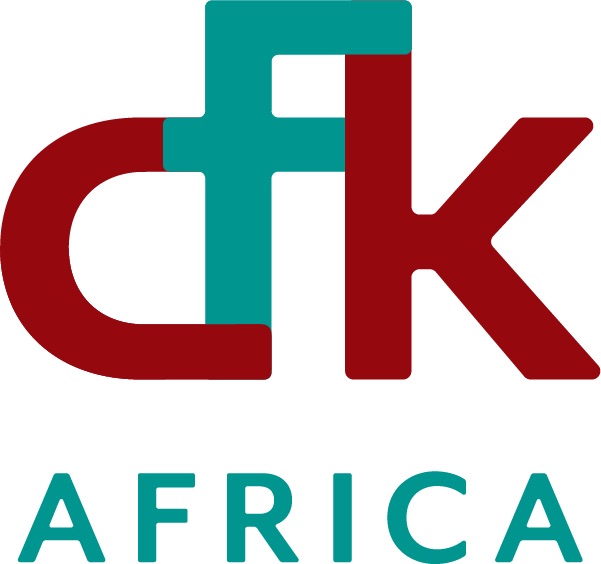
How economic empowerment programs for women affect household decision-making dynamics and Intimate Partner Violence in Kibera
“In summary, for nonprofit organizations, NGOs, and government entities working to increase economic opportunity for women or combat IPV in communities around the world, considering the connection between the two is key.”









